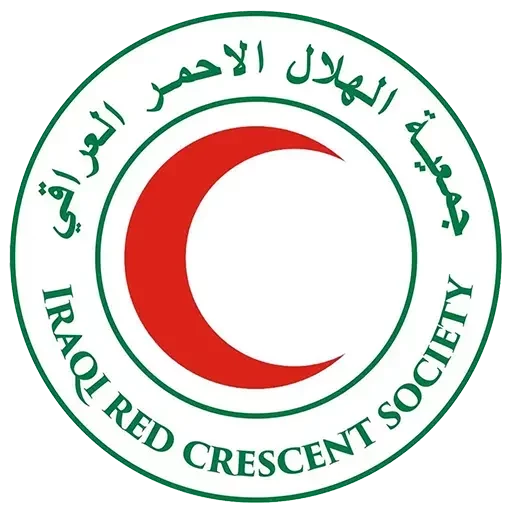Basra, between water scarcity and increasing salinity… and the Red Crescent intervention to alleviate the crisis.
Report: Hassan Hamza.
Due to Basra’s southern location on the Tigris and Euphrates rivers, also the periodic droughts, dryness, and limited rainfall caused by climate change, the river salinity, notably the Shatt al-Arab, has increased significantly. Basra is currently one of governorates with the most limited access to safe drinking water.
The rising of the saltwater intrusion, ageing of the water projects infrastructure, and a notable population growth have all contributed to this degradation, the strain on few resources has also increased due to waves of internal displacement of people from other governorates who were compelled to flee their homes in search of work in Basra due to climate change.
The population’s need for clean water sources is growing as a result of the ongoing inflow of saltwater since the contaminated water leads to a number of diseases that have an immediate impact on people’s lives.
In order to face this issue, the IRCS has installed sixteen RO water desalination units in the districts of Abu Al-Khaseeb, Safwan, Shatt Al-Arab, Al-Zubair, Al-Ashar, Al-Risala, Al-Hakimiya, and Manawi Pasha, also in several villages and isolated locations distant from the Basra city center, with the use of specialized marine reduction filters which can purify extremely saline water at a rate of up to 50,000 liters per hour, so, the number of beneficiaries has reached more than 60,000 people.
The IRCS has also installed emergency response units (M5, M15, and M40), these are filtration and sterilization machines that have output capacities ranging from 500 to 4,000 liters per hour, meaning that they may produce up to 600,000 liters in ten hours of operation, the low-salinity river water is desalinated by these plants, and the resulting water is delivered to distant sites by tanker trucks.
In order to assist the government units in Basra city center and outlying districts that are experiencing a scarcity of drinkable or personal water, the IRCS is preparing new filtration and sterilization units in collaboration with the partner national societies, this is a component of a long-term strategy to lessen the impact of the water crisis and guarantee that everyone in the governorate has sustainable access to drinkable water.
